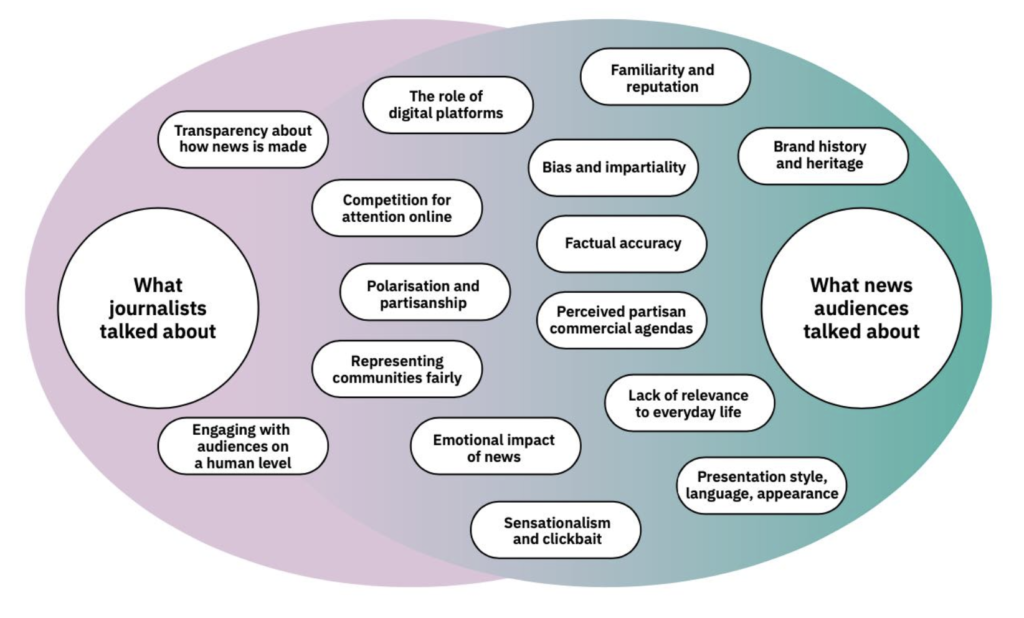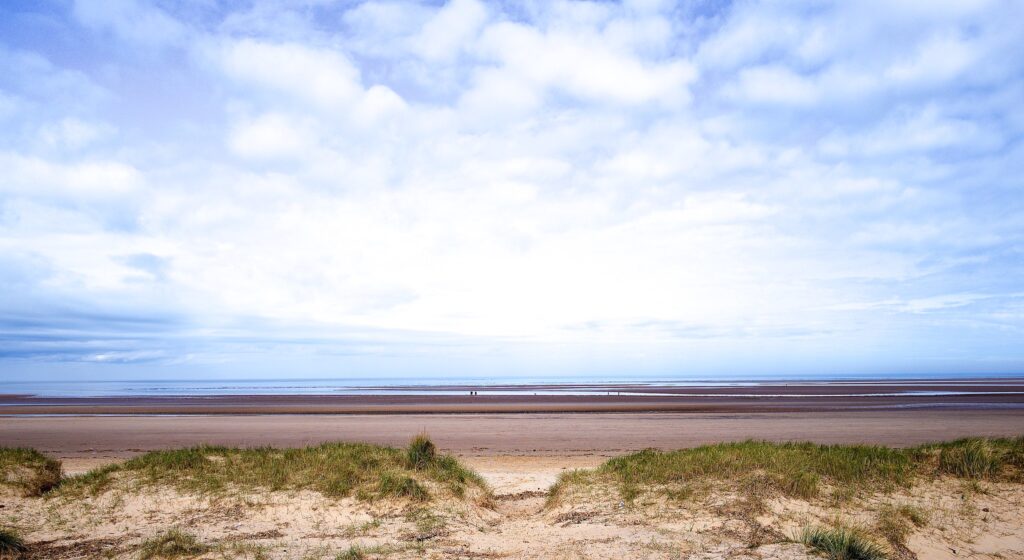Hello!
Michael Murpurgo’s new book
There was a nice interview with the writer Michael Murpurgo on the Today programme yesterday morning.
Quote of the Day
”We saw a picture in the paper the other day of a little girl to whom John D. Rockefeller gave two dimes. It may have been only a coincidence, but on the same day the price of gasoline went up one cent.”
- The Charleston Gazette
Musical alternative to the morning’s radio news
Elvis Costello and Mumford & Sons | The Ghost of Tom Joad & Do Re Mi Medley (Acoustic Cover)
Unusual, unexpected and lovely: great musicians doing something together. Tom Joad was the central character in John Steinbeck’s The Grapes of Wrath — a former convict who has decided to live only for the present moment. He’s a fervent believer in carpe diem — but is transformed in the novel into someone who believes in striving for a better future.
The Ghost of Tom Joad was an album released by Bruce Springsteen in 1995.
Long Read of the Day
Someone has to run the fabs
Egalitarianism is important but we neglect STEM education at our peril
Fabulous piece by Noah Smith.
Changes at Basecamp
Basecamp is an interesting software company which has been around for quite a long time (20 years — aeons in Internet time). And it’s clearly been going through a period of internal turmoil (as many liberal organisations do from time to time). What’s different is that the co-founder, Jason Fried has published the six conclusions he and his co-founder have reached. Here they are:
- No more societal and political discussions on our company Basecamp account.
- No more paternalistic benefits.
- No more committees. (Yay!)
- No more lingering or dwelling on past decisions.
- No more 360 reviews.
- No forgetting what we do here.
We make project management, team communication, and email software. We are not a social impact company. Our impact is contained to what we do and how we do it. We write business books, blog a ton, speak regularly, we open source software, we give back an inordinate amount to our industry given our size. And we’re damn proud of it. Our work, plus that kind of giving, should occupy our full attention. We don’t have to solve deep social problems, chime in publicly whenever the world requests our opinion on the major issues of the day, or get behind one movement or another with time or treasure. These are all important topics, but they’re not our topics at work — they’re not what we collectively do here. Employees are free to take up whatever cause they want, support whatever movements they’d like, and speak out on whatever horrible injustices are being perpetrated on this group or that (and, unfortunately, there are far too many to choose from). But that’s their business, not ours. We’re in the business of making software, and a few tangential things that touch that edge. We’re responsible for ourselves. That’s more than enough for us.
I like the frankness and clarity of this. Wish more organisations could do it.
A note from the future
From a Digital Humanities newsletter to which I subscribe:
In 20 years fountain pens will be given as swag at Digital Humanities & Arts conferences.
Of course said swag will come in the form of instructions for 3D printing.
As a long-time collector (and admirer) of fountain-pens I am indignant about this.
This blog is also available as a daily email. If you think this might suit you better, why not subscribe? One email a day, Monday through Friday, delivered to your inbox at 7am UK time. It’s free, and there’s a one-click unsubscribe if you decide that your inbox is full enough already!












